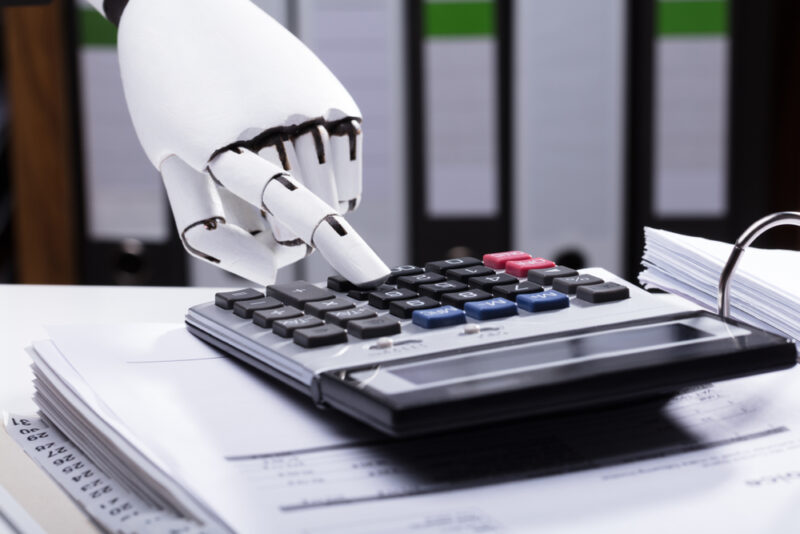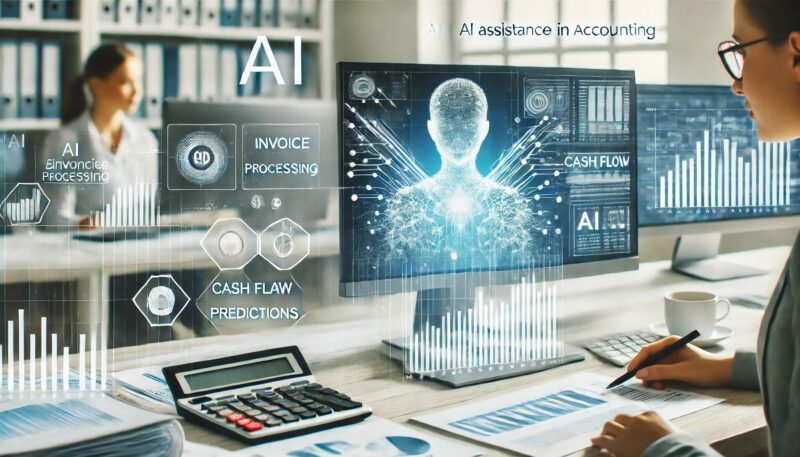As the digital age accelerates, the landscape of accounting is evolving at an unprecedented pace. The advent of artificial intelligence (AI) has ignited a spirited debate: is it a threat to traditional jobs, or does it open new avenues for professional growth? On one hand, many fear that machines will replace skilled accountants, automating tasks that were once the cornerstone of the profession.
On the other hand, there’s an emerging perspective that views AI as an invaluable ally—one that enhances efficiency, reduces repetitive tasks, and empowers accountants to focus on strategic decision-making. As we delve deeper into this complex interplay between technology and human skill, we must consider not only the potential disruptions but also the opportunities that AI presents for the future of accounting.
This article explores whether emerging technologies are job slayers or career savers, illuminating a path forward in this dynamic field.
A Brief History of Technology in Accounting

The history of technology in accounting is a tale of innovation and adaptation that dates back centuries. Originally reliant on manual record-keeping, the profession underwent a significant transformation with the advent of the mechanical calculator in the 19th century, which streamlined calculations and minimized human error.
Fast forward to the 20th century, the introduction of mainframe computers revolutionized data storage and processing, allowing firms to handle vast amounts of financial information with unprecedented speed. The rise of software applications in the 1980s and 90s further changed the landscape, making accounting accessible to small businesses and individuals alike.
As we dove into the 21st century, cloud computing took center stage, offering real-time data access and collaboration across geographical boundaries. Today, we stand on the brink of yet another revolution—the integration of artificial intelligence.
This evolution prompts essential questions: will AI enhance the profession or render it obsolete? The interplay of these technological advancements continues to shape the future of accounting, as professionals navigate the balance between tradition and innovation.
Skills for the Future: Adapting to Change

In an era where artificial intelligence is rapidly reshaping the landscape of various professions, the accounting sector stands at a pivotal crossroads. Professionals must embrace a mindset of continuous learning and adaptability to stay competitive, as rudimentary tasks become automated.
Growing proficiency in AI tools is essential, but so too is the ability to interpret complex data insights—skills that distinguish human accountants from machines. Furthermore, soft skills such as communication, critical thinking, and emotional intelligence are more vital than ever.
As technology advances, the demand for accountants who can offer strategic advice, navigate ethical considerations, and foster client relationships will only increase. In this dynamic environment, those who cultivate a blend of technical expertise and interpersonal skills will thrive, turning challenges into opportunities and ensuring they are invaluable in the accounting world of tomorrow.
Predicting the Future of AI in the Accounting Profession

As we look ahead, the future of AI in the accounting profession holds a paradox of potential and uncertainty. On one hand, advancements in machine learning and data analytics promise to revolutionize traditional bookkeeping—automating repetitive tasks and enabling accountants to focus on higher-value activities like strategic planning and advisory services.
Imagine an accountant, once tethered to mountains of paperwork, now freed to interpret intricate financial narratives and guide businesses toward their goals. Yet, the specter of job displacement looms large, raising questions about the skill sets that will be in demand.
Will todays accountants transition into tech-savvy consultants, or will the allure of automation render them obsolete? Balancing efficiency with human insight will be crucial; after all, while algorithms can crunch numbers with precision, they lack the nuanced understanding that only seasoned professionals can provide. The path forward is likely to be a collaborative one, where AI enhances human capability rather than replaces it outright, drawing on the best of both worlds to foster innovation in the accounting landscape.
Conclusion
In conclusion, the integration of AI in accounting presents a transformative opportunity that challenges traditional roles while simultaneously creating new avenues for growth. Rather than rendering accountants obsolete, AI technology serves as a valuable tool that enhances efficiency, accuracy, and decision-making capabilities within the profession.
As firms like Accountancy Capital adopt these advancements, they underscore the importance of adaptability and continuous learning for success in this evolving landscape. Ultimately, the future of accounting lies not in the competition between human expertise and AI capabilities, but in the harmonious collaboration that can lead to greater innovation and value creation in the industry.
By embracing this shift, accountants can position themselves as indispensable partners in navigating the complexities of modern business.


